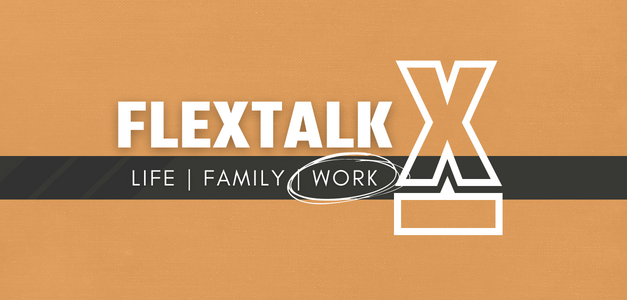Work meetings often feel like a mundane routine, but what if they became moments for real change? Taking small, meaningful steps in the workplace could shift your company’s trajectory toward a sustainable future.
Even if you’re not a lead decision-maker at your job, you can still champion greener practices by bringing sustainability to the table at work meetings with these tips.
Understand the Options for Your Department
It’s hard to advocate for sustainability if you can’t think of any changes to implement. Every department has its own sustainability options, so take time to dig into what changes are feasible where you work. Once you understand where your department can make a difference, you’ll feel ready to share ideas.
If you work in a manufacturing role, for instance, you might look into the environmental benefits of powder coating as an alternative to paints with harmful chemicals. If you’re in marketing, a simple change such as switching to a digital catalog instead of printing laminated copies could reduce paper and plastic usage significantly.
Prepare a Presentation
When you’re bringing sustainability to the table at work meetings, you don’t want to rely on vague talking points. Many managers and coworkers respond better to solutions grounded in data.
Show them statistics or trends, including how similar companies saved on energy costs by implementing greener solutions. Providing real examples can make your suggestions more compelling and harder to brush aside. The work you put into preparing a comprehensive presentation sends a clear message that sustainability shouldn’t just be an afterthought.
Address Any Pain Points
Every workplace has its skeptics. Concerns about potential costs, workload increases, or operational disruptions are bound to come up. That’s okay.
Be ready to acknowledge these pain points upfront and redirect the conversation toward the positives. Frame sustainability as an opportunity that benefits both the company and the planet.
Lead by Example
Implementing company-wide changes might take time, but focusing on your role and your department is an excellent starting point. Focus on implementing measurable, sustainable practices in your team’s daily operations.
For example, reduce your paper usage by transitioning to digital tools, encourage energy-saving habits, or partner with suppliers who prioritize sustainability. Share the tangible results of these changes, such as cost savings or reduced waste, to demonstrate their effectiveness. By showing what’s possible, you can inspire other teams to adopt similar strategies.
- What wasteful practices do you think you can eliminate in your own department?
- What long-term benefits could come from adopting sustainable practices in your role?
- How can you encourage others in the organization to prioritize sustainability?
- What challenges might the company face when shifting to more sustainable practices?
- What data can you use to prove the benefits are worth any potential problems?


